From Joanna Fantozzi on July 2, 2024:
Harvest Kitchen offers heartier meals to complement its sister brand Vitality Bowls’ acai bowls both in person and available via online ordering
While many virtual brands tap into consumers’ indulgent sides with fried and cheese-filled menu items, Harvest Kitchen — the new offshoot from the 145-unit, Danville, Calif.-based acai concept Vitality Bowls — is doing the opposite.
Vitality Bowls is known for its acai bowls and smoothies, while Harvest Kitchen will offer heartier and more savory meals that complement the brand’s healthy and allergy-friendly roots. Harvest Kitchen launched last month as a hybrid virtual brand offshoot in select markets in California, New York, New Jersey, Arizona, Texas, and Nebraska with a menu of sandwiches, salads, protein bowls, and wraps. By July 15, Harvest Kitchen will be rolling out systemwide, and is available both in stores and online.
Related: Vitality Bowls CEO and co-founder Roy Gilad on the superfood café’s strength during COVID
Founders Roy and Tara Gilad started Vitality Bowls 12 years ago after their daughter was born with severe food allergies. They could not find many healthy, safe options for their daughter, so they started making their own baby food for her. Eventually, that project evolved into the first Vitality Bowls location, which opened in San Ramon, Calif. when their daughter was a toddler. Harvest Kitchen is the next step in the company’s growth plan.
“We wanted to innovate beyond our signature acai bowls and smoothies because we noticed our guests have a growing demand for hearty, nutritious meals that went beyond what we traditionally offered,” Tara Gilad, COO of Vitality Bowls, said. “We’re keeping the same principles like clean food, nutritious ingredients, all-natural proteins, organic superfoods, etc. Harvest Kitchen allows us to introduce a variety of new savory dishes that are designed to cater to different meal occasions and preferences.”
Related: Vitality Bowls adds a superfoods coffee bar
Since launching the virtual brand, Gilad said that two of the most popular items have been the steak protein bowl (grass-fed steak, rice and quinoa, lettuce, tomatoes, pickled onion, chimichurri, pepitas, and a purple hardboiled egg) and the avocado chicken wrap (sous-vide chicken, avocado, lettuce, tomatoes, feta, rice and quinoa, sunflower seeds, pickled red onions, tahini vinaigrette, pesto).
“A lot of virtual brands stay within their wheelhouse of serving unhealthy food, but I think more guests want healthier foods,” Gilad said. “One of the things that sets Harvest Kitchen apart is its accessibility: it’s available both in-store and online. That way all our guests can enjoy our nutritious offerings, whether they’re ordering online or in the store.”
Harvest Kitchen started at Vitality Bowls’ corporate locations first before being rolled out to franchised stores. Vitality Bowls operates the virtual brand independently from within its own stores, without using an outside ghost kitchen company or commissary kitchen. The food is all made from within Vitality Bowls’ kitchens and recipes have been specifically tailored to fit the kitchens’ operational needs without adding too many SKUs or complexity to the back of house.
Moving forward, Gilad said that they want to grow both concepts throughout the U.S., particularly in the South, Midwest, and on the East Coast.
Contact

Recent Comments